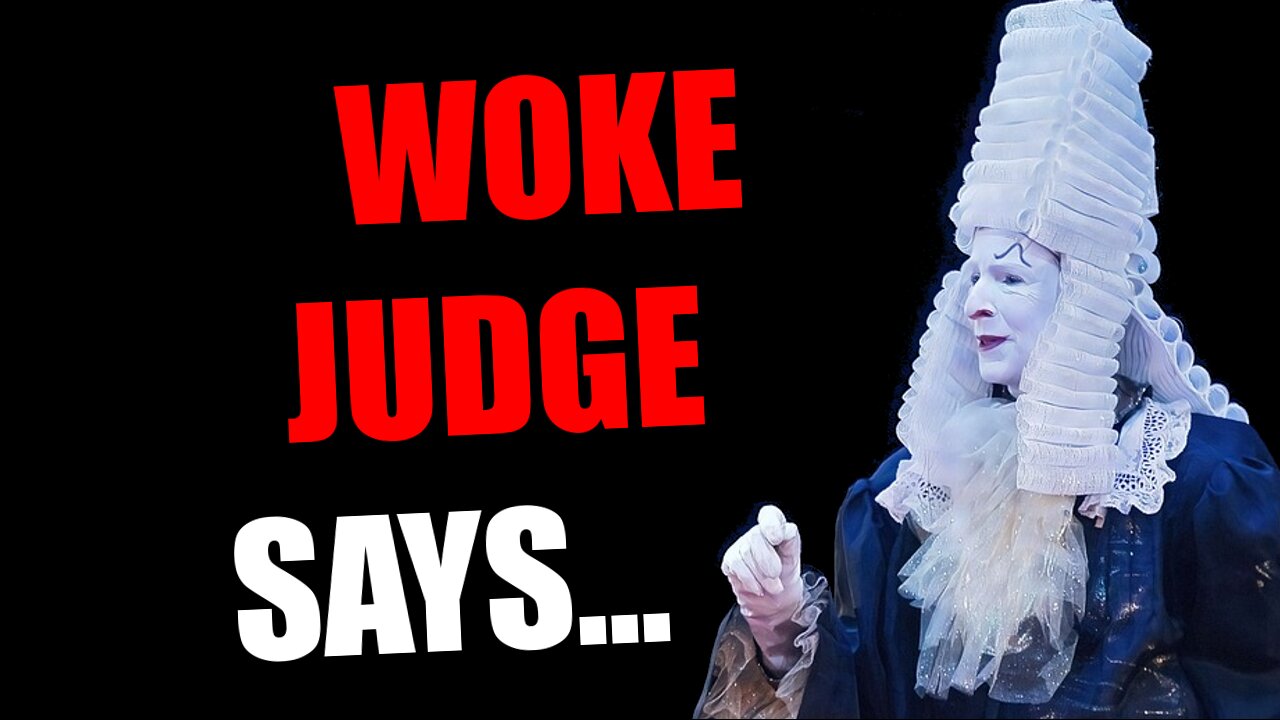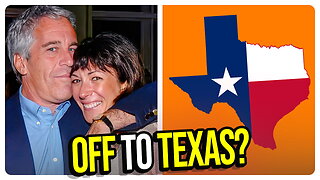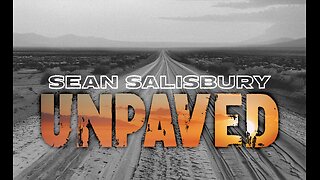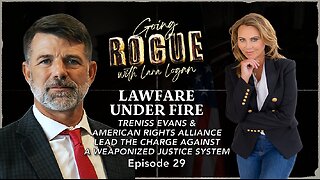Premium Only Content

Illegal "ALIENS" can car firearms, court decides. Hmmm.
YouTube ► https://youtu.be/LfIiKuT_x2Q
David Korn maintains an internet blog, and it's worth noting that Greg Gutfeld, to the best of my knowledge, identifies as an atheist. Despite his atheism, Gutfeld aligns with conservative or libertarian ideologies. This observation arises from an article attributed to David Korn, which suggests a growing concern regarding Christian nationalism.
Historically, the overwhelming majority of Americans, spanning centuries up to the early 20th century, identified in some way with Christianity. Even those classified as deists were often loosely affiliated with Christian beliefs. Consequently, the United States did not require formal designation as a Christian nation; it was inherently understood as such.
The rise of fundamentalism in the late 19th and early 20th centuries emerged as a response to challenges from theological liberalism and secularism. Despite these shifts, the underlying Christian ethos persisted until the onset of the 20th century, prompting reactionary movements such as fundamentalism.
Critics' apprehension towards Christian nationalism fails to acknowledge America's historical Christian foundation and the subsequent reactionary movements it birthed. The term "Christian nationalism" lacks a clear definition, despite its frequent use by secular leftists to stigmatize politically active Christians.
Movements like Project 2025, aiming to rekindle America's religious heritage, are met with apprehension by some due to their conservative values. However, such movements are not new; they echo sentiments expressed by earlier groups like the moral majority and the silent majority.
While secularization has undeniably progressed, conservative Christians remain vigilant against what they perceive as the erosion of societal values. This erosion is exemplified by recent events, such as the Canadian Supreme Court's controversial ruling on language use, which some view as a degradation rather than societal evolution.
In conclusion, the narrative of Christian nationalism's rise often overlooks America's deeply rooted Christian history and the ongoing struggle to preserve traditional values in the face of societal shifts.
-
 LIVE
LIVE
vivafrei
1 hour agoGhislaine Quiety Moved to Texas Facility? Tish Sues Trump Over Trans E.O. Canada Madness & MORE!
9,039 watching -
 LIVE
LIVE
Dr Disrespect
4 hours ago🔴LIVE - DR DISRESPECT - STREAMING UNTIL I GET A 25 KILL GAME
10,206 watching -
 LIVE
LIVE
Akademiks
4 hours agoShannon Sharpe FIRED. KSOO Found Guilty! Gilbert Arenas ARRESTED! NBA Youngboy 14th kid OTW. 1/30
1,272 watching -
 2:09:16
2:09:16
Tucker Carlson
3 hours agoCandace Owens: Macron, Harvey Weinstein, and Why “Christ Is King” Totally Broke People’s Brains
49.5K96 -
 2:03:12
2:03:12
Side Scrollers Podcast
4 hours agoBlabs is Absolutely DISGUSTED By Nintendo | Side Scrollers Live
2.48K2 -
 LIVE
LIVE
Crypto Power Hour
7 hours agoHow Liquidity Pools Work
29 watching -
 LIVE
LIVE
SportsPicks
3 hours agoCrick's Corner: Episode 57
52 watching -
 59:32
59:32
Sean Unpaved
3 hours agoNasty Boy Unleashed: World Series Champ Rob Dibble Unloads on the MLB & Trade Deadline
16K -
 LIVE
LIVE
Lara Logan
13 hours agoLAWFARE UNDER FIRE: Treniss Evans Leading the Charge Against a Weaponized Justice System | Ep 29
558 watching -
 5:56:35
5:56:35
JuicyJohns
6 hours ago $2.76 earned🟢#1 REBIRTH PLAYER 10.2+ KD🟢$500 GIVEAWAY SATURDAY!
55K1